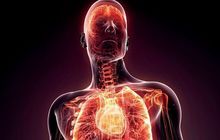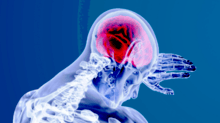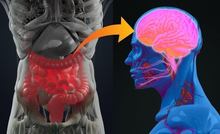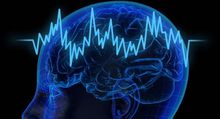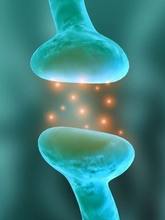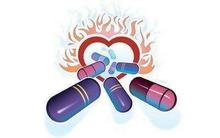Heart rate variability: an objective measure of health
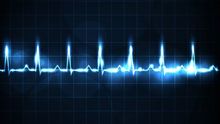
Heart rate variability: an objective measure of health Heart rate variability (HRV) is the variation in time between consecutive heartbeats. Each time our heart beats, there is a variation in time between each beat. It does not (or should not) beat in a consistent rhythm. In fact, research shows that a higher HRV is associated […]
Continue reading

